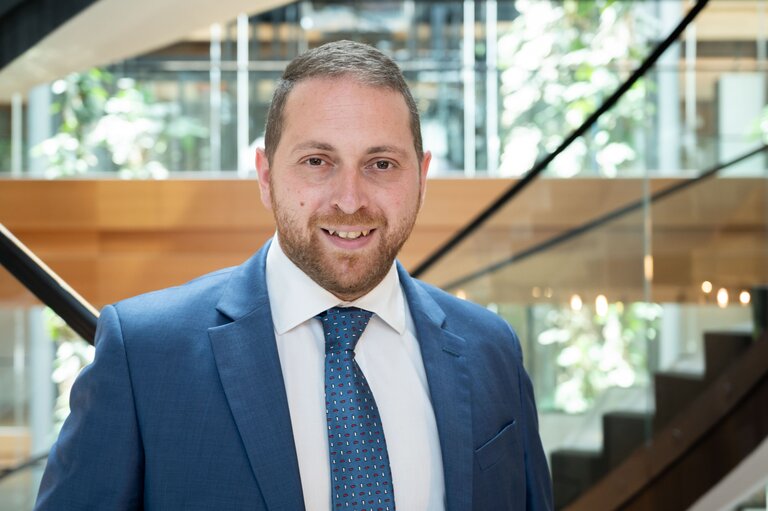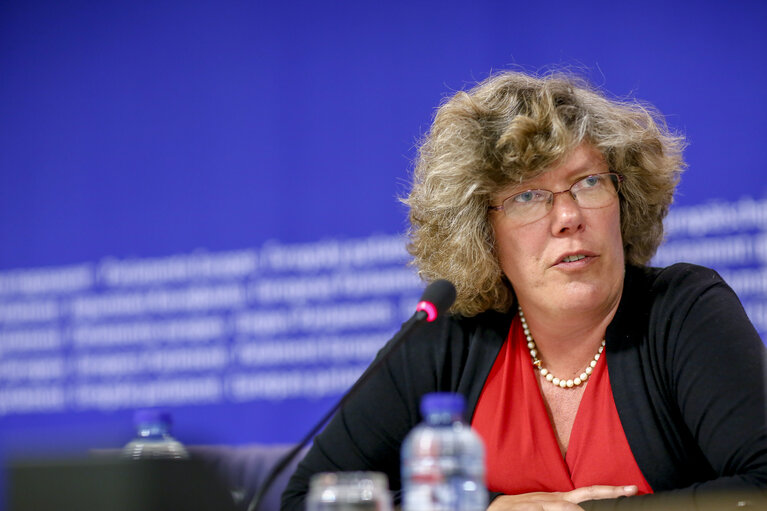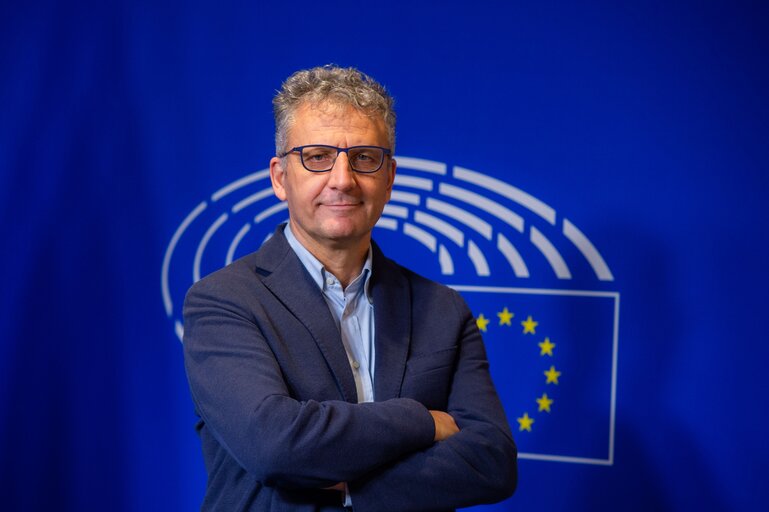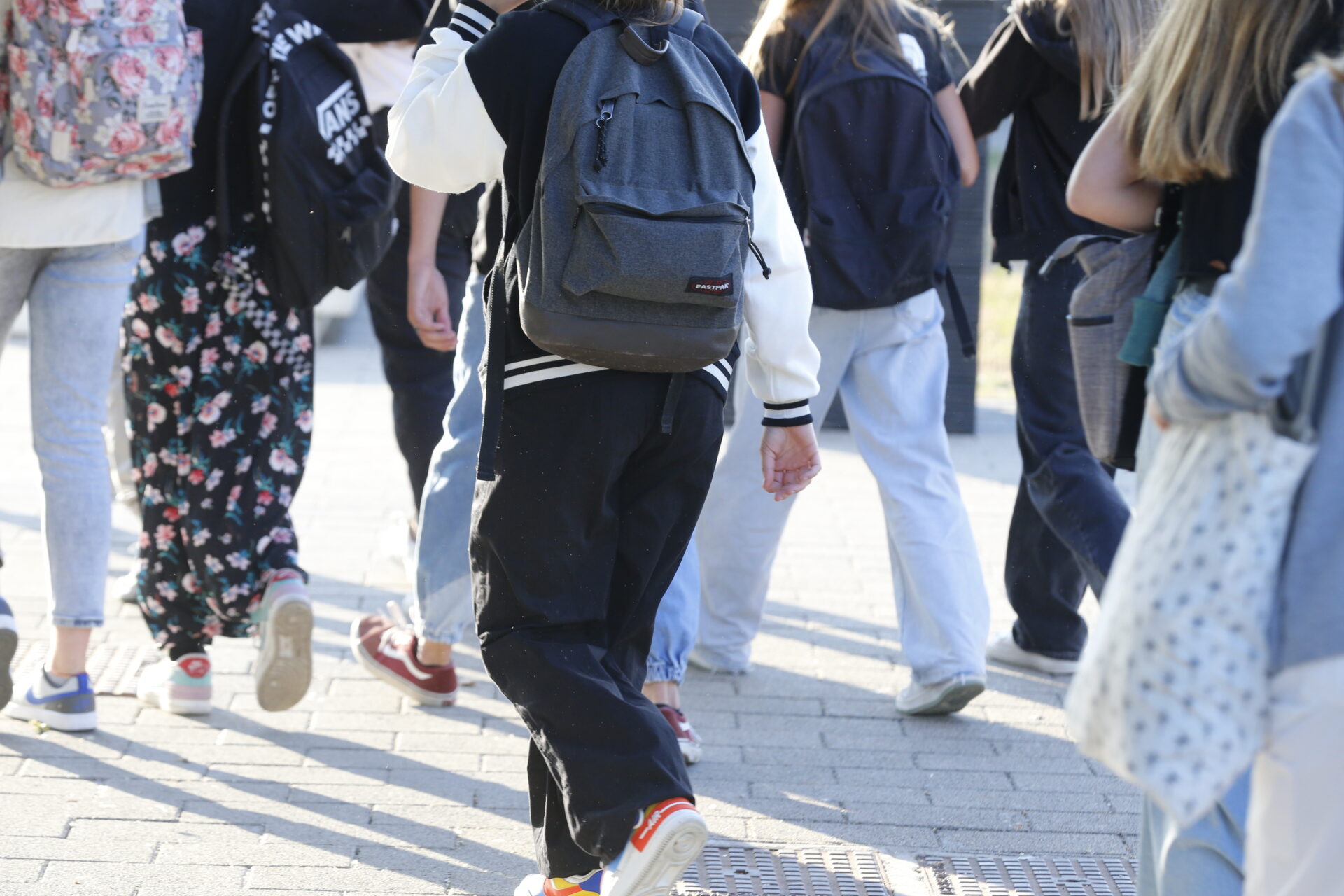Promoted by the Progressive Alliance of the Socialists and Democrats in the European Parliament
Now, less than one year before the European elections, it is vital we show not only our young people, but also our entire society what we have achieved and what remains to be done. The list is long because the challenges are many, but below are some of the main points of concern for the Progressives in the European Parliament, working in the parliamentary committee on culture and education.
The credibility of the European project depends on what tangible results we achieve for young people. In this sense, it is crucial the European Year of Youth – 2022 – does not simply remain a year in the calendar. The Progressives in the European Parliament insist on the Member States delivering on one of our major demands – the ban of unpaid internships. The economic and financial difficulties businesses have cannot be a universal excuse for this shameful practice. Interns also work and all work must be remunerated. Talking about the crisis of our economy, one more trend is clear – the ever-increasing need for better vocational education and training. This is necessary in order to get the skilled employees we need. A particular focus has to be put on attracting more girls and women into the world of science, technology, engineering, arts and mathematics (STEAM). Mutual automatic recognition of learning periods abroad must finally become a reality in order to achieve the long-awaited mobility in education and training.
When it comes to money, it is crucial there are no cuts in the Creative Europe and Erasmus+ programmes during the ongoing revision of the current Multiannual Financial Framework – the pluriannual budget of the EU until 2027. Cutting these milestone programmes would mean cutting opportunities for young people, which could have an extremely negative impact on their trust in Europe. The Progressives do not want to fail them. Our aim remains to offer at least one Erasmus+ learning experience to every young person who wants it, regardless of his or her economic background. Furthermore, we ask the next European Commission to step up its work on citizenship education. In times of geopolitical instability throughout the world, our answer can be to strengthen young people’s knowledge about how their union works, what it brings to them and how they can have their voice heard in order to improve and develop it further.
Graduation is a turning point in every student’s life, because then comes the question “Now, what’s next?” In this context, The Progressives are proud of one of their major achievements – the European Youth Guarantee. We made the Member States commit to ensuring all young people under 30 receive a quality offer of employment, continued education, apprenticeship or traineeship within four months of becoming unemployed or leaving the education system.
Employment of artists and workers in the cultural and creative sectors are a great concern for the Progressives. For this reason, they have recently called on the European Commission to come up with a legislative proposal in order to put an end to the precarious working conditions, unpredictable incomes and weak or, in some cases, totally absent social security coverage of artists. Cultural and creative sectors have to be taken out of the grey zone of social policy in Europe. The Progressives have long been calling for the introduction of social conditionality throughout EU financial instruments. This means EU funding would be available only for those projects where the social rights of artists and cultural professionals are fully respected. The abusive practice of buy-out contracts has to stop. Better mobility of European artists will only be possible if future EU legislation includes provisions ensuring their contracts fully comply with all labour and social obligations under Union and national law or collective agreements.
We live in a world where autocrats threaten the European way of life. Unfortunately, such worrying trends can be seen not only coming from non-EU countries, but also within our own union. This is wholly unacceptable as it undermines one of our core values – freedom of expression. With the European Media Freedom Act, we want to do everything we can at European level to ensure that people can trust the media content produced in the EU, meeting professional standards and adhering to journalistic principles. This act includes safeguards against political interference in editorial decisions as well as against surveillance. It focuses on the independence and stable funding of public service media, the transparency of media ownership and the allocation of state advertising. Yet, it was clear for the Progressives that the new legislation had to go further.
The Progressives want to include provisions to guarantee better protection of journalists’ sources against surveillance. Public security must be protected, but it cannot be used to disguise attempts to oppress media freedom. The Progressives also fight for full structural and functional independence of the board of media regulatory bodies. When it comes to Very Large Online Platforms (VLOPs), the Progressives pushed for provisions preventing platform censorship of the media content they display.
The hard work and great talents of Europeans makes the phrase “United in Diversity” more than just beautiful words. Our diversity is our strength and the best way to keep it alive is through consistent efforts in culture and education. The Progressives have been and remain committed to this cause. After all, when the credibility of the European Union as a social project with a soul is put at stake, this makes it all worth the effort.
Opinion by:
ALEX SALIBA (Malta) - Vice-President of the Progressive Alliance of the Socialists and Democrats in the European Parliament, responsible for Innovation, AI and a strong digital Europe for all
PETRA KAMMEREVERT (Germany)/MASSIMILIANO SMERIGLIO (Italy) - co-coordinators of the Progressive Alliance of the Socialists and Democrats in the Committee on culture and education of the European Parliament

Alex Saliba

Petra Kammerevert

Massimiliano Smeriglio

